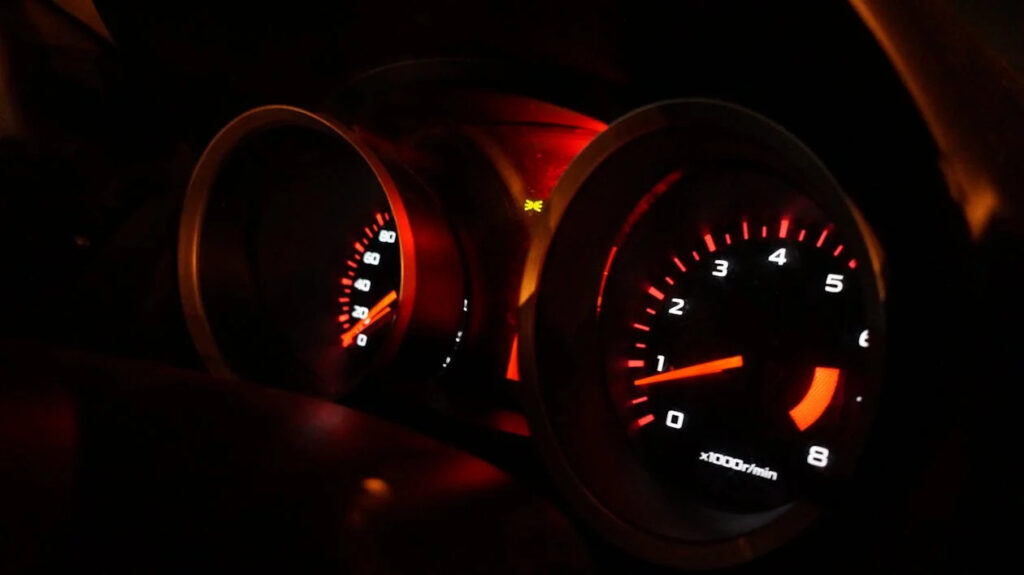
Engine Care: A Comprehensive Guide to Keeping Your Engine in Top Condition
When it comes to the longevity and performance of your vehicle, one of the most crucial aspects is proper engine care. Regular maintenance and attention to your engine can ensure that your vehicle runs smoothly and efficiently for years to come. In this comprehensive guide, we will delve into the various aspects of engine care, providing you with valuable insights and tips to keep your engine in top condition.
Importance of Engine Care
Your engine is the heart of your vehicle, and just like any vital organ, it requires regular care and maintenance to function optimally. Proper engine care not only extends the lifespan of your vehicle but also enhances its performance and fuel efficiency. Neglecting engine maintenance can lead to costly repairs and even premature engine failure. Therefore, understanding the significance of engine care is paramount for every vehicle owner.

Benefits of Regular Engine Maintenance
Enhanced Performance: Regular maintenance ensures that your engine operates at its best, delivering optimal power and efficiency.
Improved Fuel Economy: A well-maintained engine consumes fuel more efficiently, saving you money in the long run.
Extended Lifespan: Proper care and maintenance can significantly extend the lifespan of your engine, delaying the need for costly replacements.
Prevention of Major Repairs: Routine inspections and maintenance help identify potential issues early, preventing them from escalating into major, expensive problems.
Essential Engine Care Practices
Maintaining your engine involves a combination of routine checks, scheduled maintenance, and attentive driving habits. Here are some essential engine care practices to keep your vehicle running smoothly:
1. Regular Oil Changes
Importance: Engine oil lubricates the internal components, reduces friction, and helps dissipate heat, preventing premature wear and tear.
Frequency: Follow the manufacturer’s recommendations for oil change intervals based on mileage or time.
Oil Quality: Use high-quality oil that meets the specifications outlined in your vehicle’s manual.
2. Air Filter Replacement
Significance: The air filter prevents dirt and debris from entering the engine, safeguarding its internal components.
Replacement Interval: Check and replace the air filter at regular intervals, as recommended by the vehicle manufacturer.
3. Cooling System Maintenance
Coolant Level: Regularly check the coolant level and top it up as needed to prevent overheating.
Radiator Flush: Periodically flush the radiator and replace the coolant as per the manufacturer’s guidelines.
4. Monitoring Fluid Levels
Transmission Fluid: Ensure the transmission fluid is at the proper level and replace it as recommended.
Brake Fluid: Regularly check the brake fluid level and condition, topping it up or replacing it when necessary.
5. Timely Spark Plug Replacement
Role of Spark Plugs: Spark plugs ignite the air-fuel mixture in the engine’s cylinders, and worn-out plugs can lead to inefficient combustion.
Replacement Schedule: Follow the manufacturer’s recommendations for spark plug replacement based on mileage or duration.
6. Driving Habits
Gentle Acceleration: Avoid aggressive acceleration, as it puts unnecessary strain on the engine.
Warm-Up: Allow the engine to warm up properly before driving, especially in colder temperatures.

The Role of Professional Maintenance
While performing basic engine care tasks is essential, entrusting your vehicle to a qualified mechanic for regular inspections and professional maintenance is equally important. Professional servicing ensures that potential issues are identified and addressed promptly, contributing to the long-term health of your engine.
Introducing the Top Mileage Gadget Available
The Super Kilometer Filter is a state-of-the-art device designed to block the accumulation of distance travelled by a moving vehicle. Originally developed by German manufacturers for testing and refinement purposes, this innovative tool is engineered to halt the mileage recording process, effectively preventing any additional miles from being added to the initial distance. Moreover, the system employs advanced technology and does not store any data in the control units, ensuring that the information remains undetectable and untraceable.
Conclusion
Your vehicle’s engine is a sophisticated and intricate system that requires consistent attention and care to perform at its best. By adhering to the essential engine care practices outlined in this guide and staying proactive with routine maintenance, you can uphold the health and efficiency of your engine, ultimately saving on repair costs and enjoying a reliable driving experience for years to come.
In conclusion, regular engine care is not just a responsibility; it’s an investment in the longevity and performance of your vehicle. By following the recommended maintenance practices and seeking professional assistance when needed, you can ensure that your engine remains the powerhouse of your vehicle, propelling you smoothly down the road for countless miles.




